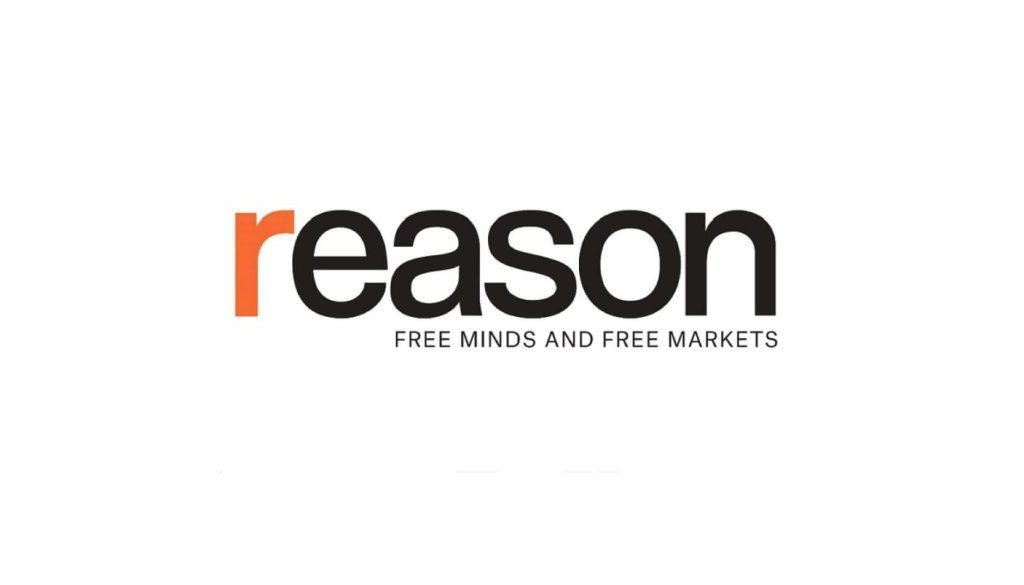MAGA Bros Against World War III
One of the criticisms of alternative media is that podcasters, social media personalities, and influencers who describe themselves as independent-minded often fail to ask tough questions of their guests or push back when greater scrutiny is warranted. Joe Rogan is frequently cited as an example of this: He platforms provocative guests like Darryl Cooper and Ian Carroll, and because the format is friendly and informal, he fails to press them when they make dubious or even outrageous claims. That was the thrust of the criticism made by British journalist Douglas Murray, who used his own appearance on Rogan’s show as an opportunity to attack the host’s failure to properly interrogate people Murray considers to be conspiracy theorists.
In contrast, mainstream media is characterized by hostile interviews: For example, see every single instance of CNN, CBS, or ABC interviewing a Republican political figure—though to be fair, interviews with Democrats are often contentious as well. Politicians don’t really want to be asked tough questions, but journalism is supposed to be adversarial, and the public is best served by interview formats that provoke discomfort. If the traditional mainstream format is entirely replaced by podcasts where people get to say whatever they want and face no pushback whatsoever, it should be obvious that 1) this would be worse for the country, and 2) the politicians would absolutely prefer it.
Yet the current debate over whether the U.S. military should become more involved in Israel’s war against Iran is a powerful counterexample and showcases the unique ability of the podcast universe to—in some important cases—cut through the mainstream media’s reflexive deference to hawkish national security experts and get to the fundamental question: Do the American people really want another regime-change war in the Middle East?
This dynamic was well-illustrated by Tucker Carlson’s recent interview with Sen. Ted Cruz (R–Texas) on X. The pair of conservative giants engaged in a two-hour exchange on the subject of Iran; it was feisty and intermittently unpleasant—for them at least, it was madly entertaining for viewers—and gave Carlson ample opportunity to expose the hollowness of Cruz’s position, which seemed to be that regime-change in Iran would somehow work out better than regime-change in Iraq, Libya, or Syria.
In one particularly reveali
Article from Reason.com

The Reason Magazine website is a go-to destination for libertarians seeking cogent analysis, investigative reporting, and thought-provoking commentary. Championing the principles of individual freedom, limited government, and free markets, the site offers a diverse range of articles, videos, and podcasts that challenge conventional wisdom and advocate for libertarian solutions. Whether you’re interested in politics, culture, or technology, Reason provides a unique lens that prioritizes liberty and rational discourse. It’s an essential resource for those who value critical thinking and nuanced debate in the pursuit of a freer society.




